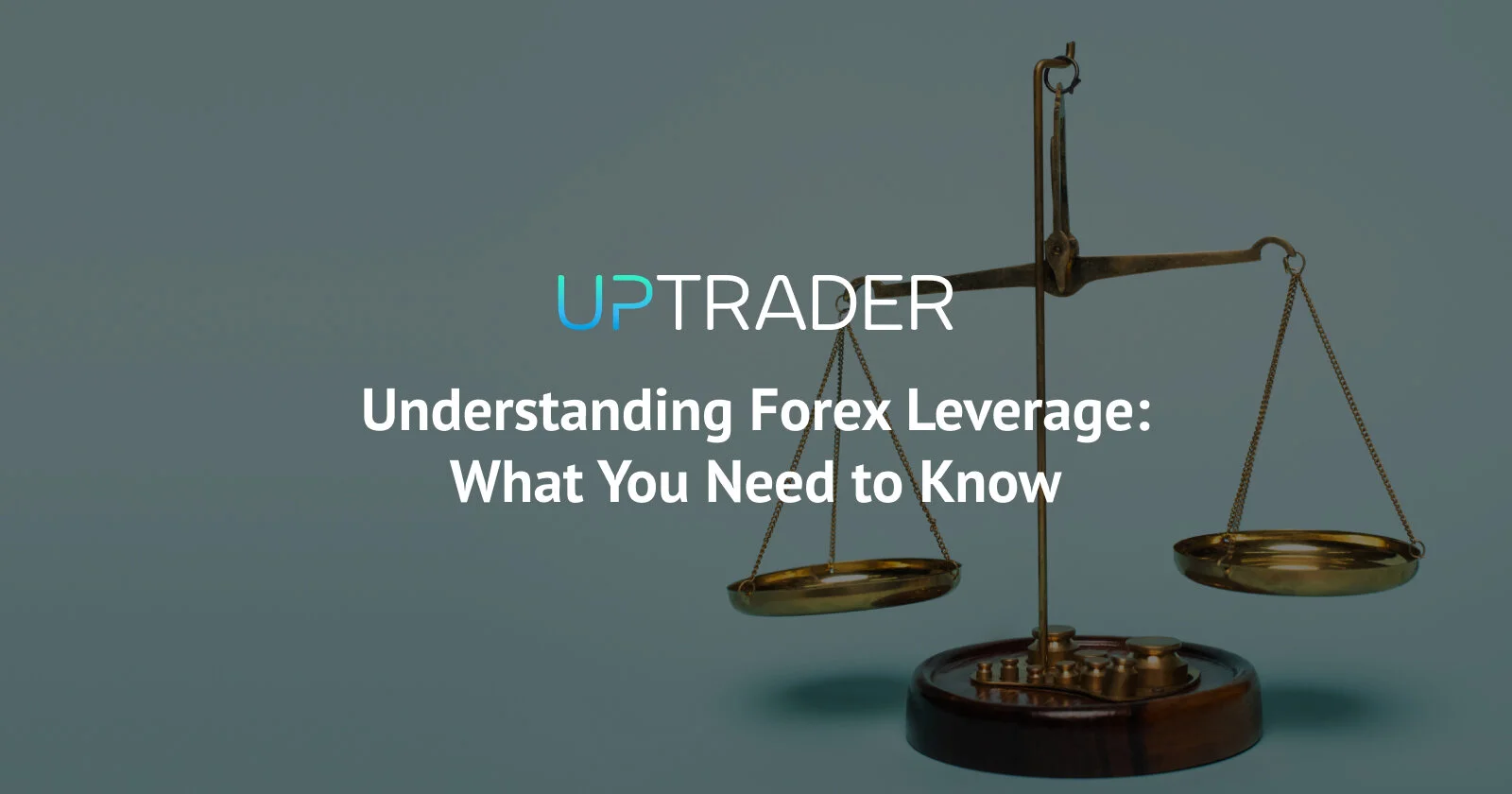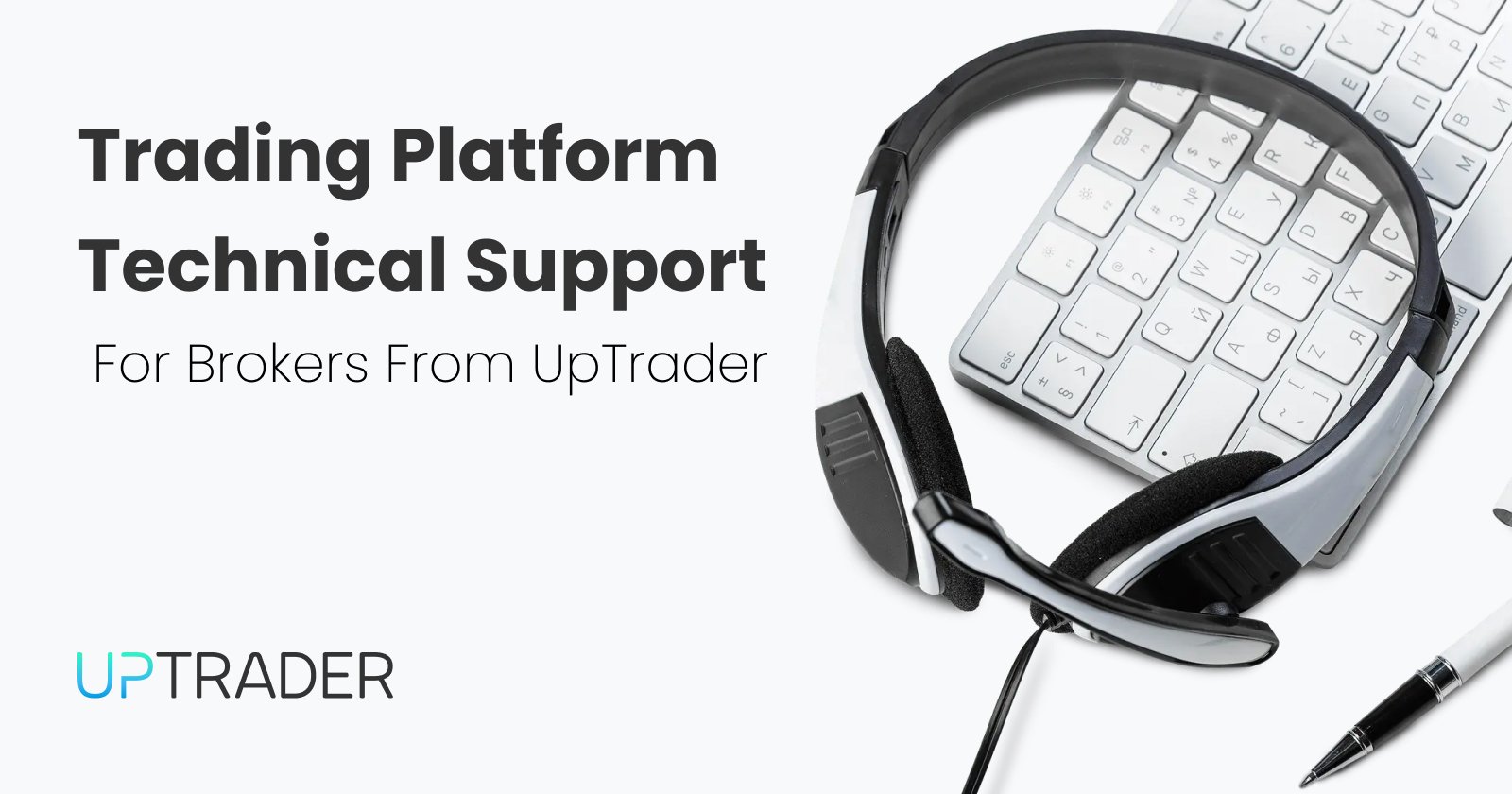Understanding Forex Leverage: What You Need to Know

Share this publication:
Forex leverage is a common tool used by traders to increase their potential profit or loss from a trade. Leverage allows traders to open positions with a much larger amount of money than they actually have in their trading account. This is made possible by borrowing funds from the broker and using them to open positions.
It's important to note that while leverage can increase potential profits, it can also amplify losses. This is because the larger the position size, the greater the impact of price movements on the trader's account balance. As such, traders should use caution when using leverage and ensure they have a solid risk management strategy in place.
What leverage size UpTrader offers to its clients?
There are two models which brokers choose: a-book and b-book. We explained in details which model is better in our recent article. Using B-book brokers can set any leverage for their clients such as 1:1000 or 1:5000 or more, but on an A-book, the leverage will always be not higher than 1:100. For brokers this means that if a broker offers higher leverage on a b-book, they will be responsible for covering any losses incurred by their clients. For example, if a broker sets a leverage of 1:200 on a b-book, they would need to have a deposit on the a-book that is twice the size of their clients' deposits in order to cover potential losses.
"The exact leverage that a forex broker can set may vary depending on the instrument being traded. For example, some brokers may offer lower leverage on certain instruments, such as exotic currency pairs or commodities. At our company, you can trade over 100 forex pairs with a leverage of 1:100. In addition to Forex, our clients can trade spot metals with a leverage of 1:100, indices and spot energy with a leverage of 1:50. To learn more, connect with us through our live chat.







